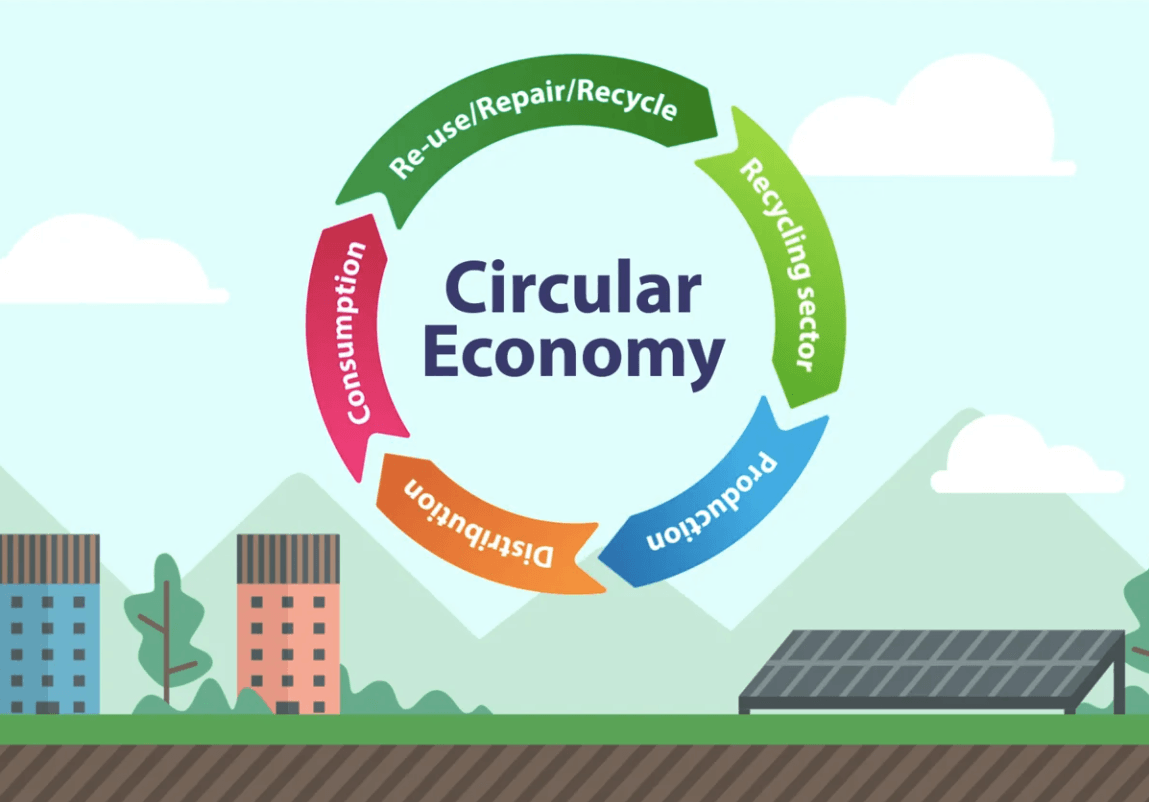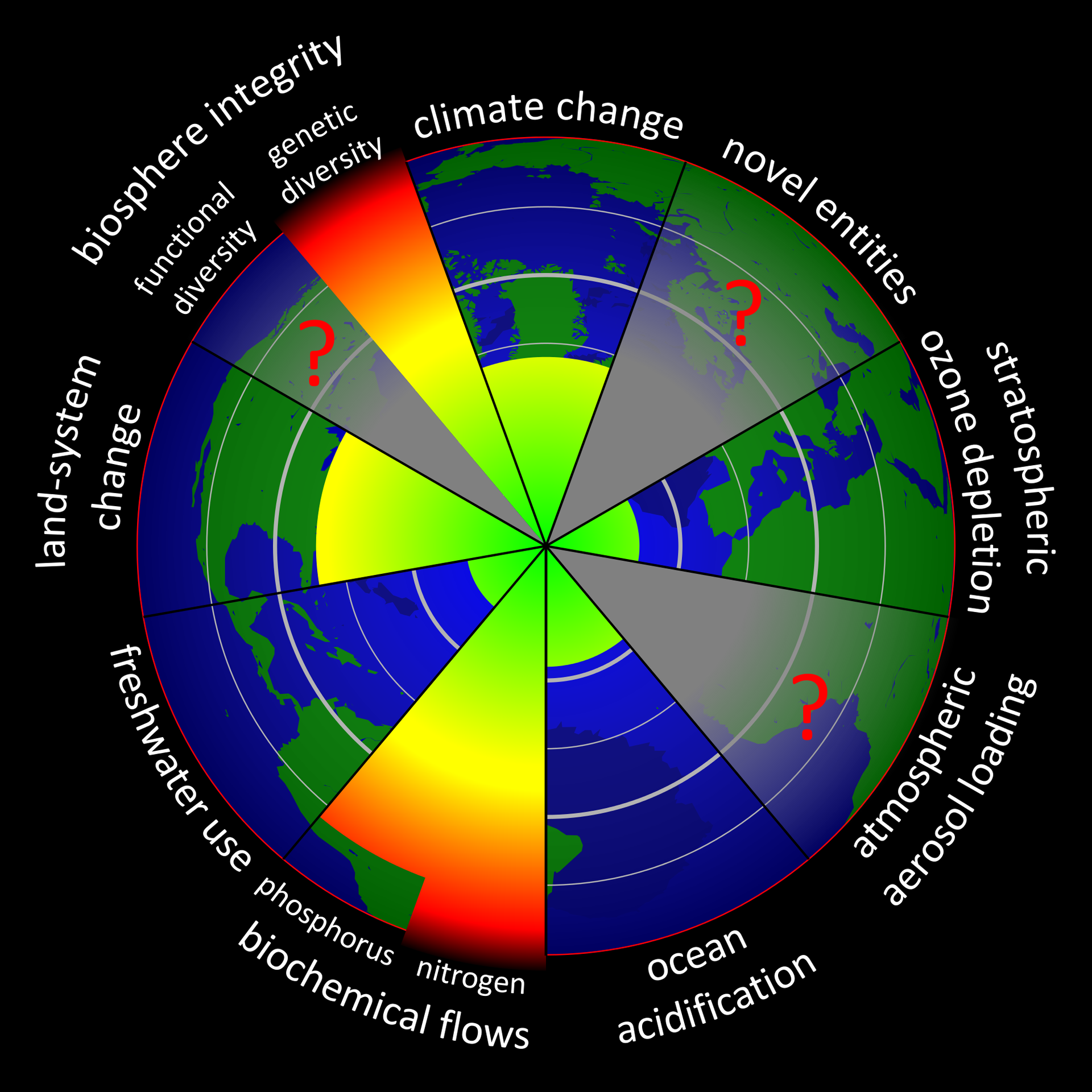Scope 4 Emissions : Justified or An Invitation to Greenwash?
What Are Scope 4 Emissions?

People are only just beginning to come to terms with scopes 1, 2 and 3 of the GHG Protocol and yet there is a growing volume of opinion about introducing Scope 4 emissions into calculations. So what is this new concept?
Basically it is an attempt to measure avoided emissions. As far back as 2013 the GHG Protocol defined avoided emissions as
"avoided emissions as emission reductions which occur outside of a product’s lifecycle or value chain, but as a result of the use of the product."
Prominent examples include low-temperature detergents, platforms that removed the need for travel by simulating guest / visitor experiences and teleconferencing services.
The Rise of Scope 4
During the pandemic and the growth of hybrid working, these emissions came to the fore. The growth of home working and the related growth of platforms that faciliated such remote working e.g. Zoom, Slack and Microsoft Teams removed the need for the office commute. The consequence of these platforms and methods of working have had sinificant impacts on emissions. Should there be a recognition of this emissions saving?
From the perspective of Zoom, Slack etc their product range has resulted in the saving so should they derive some recognition?
Defining Scope 4 & the Temptation to Greenwash
While a product innovation is likely to increase the inventor’s emissions during the time it is being developed through potentially the need to develop infrastructure for example a server farm or a new manufacturing plant or factory, there is likely to be a larger volume of emissions avoided during the usage phase due to the increased efficiency of the product.
Therefore , if we penalise companies that temporarily increase emissions to develop high-efficiency products, they’ll be less inclined to innovate, even though the emissions avoided in the long term could be greater than those generated during the development phase.
Thus we are faced with a dilemma. How can companies be encouraged to disclose these innovations without being penalised with higher emissons against those companies that make unjustified claims that are in effect greenwashing?
A few suggestion from the GHG Protocol to avoid greenwashing include:
- Account for every stage of the product’s life cycle
- Consider changes in consumer behaviour
- Don’t confuse market size with impact
Combining these statements with the recent guidance on greenwashing from the Competition and Markets Authority (CMA) within their code gives a fairly robust set of principles that can guide what scope 4 claims can be made.
Homeworking and it's Emissions Impact
During the COVID-19 pandemic, there were many headlines and satellite images covering the reduction in pollution and GHG emissions as a result of the lockdowns imposed and the consequential reduction in travel. Commuting reduced significantly and employees worked from home, among other things.
However, through the progression of the pandemic, there was increasing interest in the emissions associated with hybrid working and working from home. Some parties are arguing that such working fits under the definition of scope 4.
This is a new territory for organisations as the overwhelming majority of organisations were primarily working within a communal office.
Thus, they were only required to collect data in one place and add to that the commuting element. With hybrid working it becomes much more complex, as in order to calculate a truly reflective carbon footprint, organisations must gather data from each employee’s household.
To capture the scope 4 emissions a comparison would need to be undertaken between the emissions resulting from hybrid working as compared to the office working norm. If the office facility is still used by some staff has their been a reduction in emissions at all?
This is an extremely complex area and is definitely a grey area unless some slear directives have been issued by the organisation involved.
It's All About Data
Ultimately, the discussion is dependent on the ability to measure the data involved. Unless a demonstrable saving as a function of the process introduced is available then whether scope 4 can be measured is conjecture. For tech platforms that can demonstrably demonstrate emissions savings then scope 4 is a relaistic approach likewise for the manufacture of products that increase efficiency of emissions e.g. low temperature washing detergents.
Without such demonstrable links to emssions savings then at this satge there are substntial risks assoiated with greenwashing that may be too significant for organisations to ignore.










